Plumbing and drainage are an integral part of modern domestic living, but they are easy to take for granted. However, as soon as something goes wrong with the drains, it can be a problem beyond your control and difficult to resolve.
5 Things Never to Throw in the Sink
Prevention is always better than cure. So, following even the simplest preventative tips can help you avoid blockage and better look after your drains. Here are some suggestions for that:
1. Food Waste
Food waste like coffee grounds might seem harmless at first, but they’re a free-flowing item down the sink. You might be surprised to find that they are one of the worst culprits when it comes to drain blockages.
So, instead of disposing them down the drain, it’s better to throw them away in the food waste bin. This goes for all food waste particles including rice and pasta.
2. Hair
Human and pet hair are two materials that cause major clogging to your drain. The best way to prevent that is to install a simple mesh screen over all your drains, especially the showers and bath drains. This filters hair that would otherwise end up blocking your drain.
In addition, a mesh screen in the kitchen will help trap food waste from washing up. They’re also easy to clean out as long as you make a habit of emptying them daily.
3. Fat
Grease from fats and oils may be liquid as they slide down your drain, but it will rapidly congeal once it gets cold down there, turning into a sticky solid mass adhering to pipe walls. The bigger problem is that they also attract other waste.
You should use a fat trap, a lined and disposable container you can pour waste oils and fats into. You can also practice having a green recycling bin or a caddy in the kitchen to store food waste.
4. Chemicals and Pharmaceuticals
Paints, solvents, and engine oil need to be safely disposed of according to local regulations. You should never introduce these chemicals into the water supply since they can harm groundwater and be toxic to plants and animals. If you have unused medicines, you can return them to a chemist for safe disposal.
5. Fibrous Materials
Materials like dental floss, cotton buds, wet wipes, and feminine hygiene products must always be thrown in a bin and never flushed down the toilet. These products can easily snag on rough parts inside drains and potentially lead to significant blockages.
How to Maintain Clean Drains
Aside from keeping an eye on materials that will indeed block your drains when improperly disposed of, it’s best to use simple regular cleaning procedures that avoid the problem of a drain blockage in the first place.
- Pour a handful of baking soda in the drain, followed by hot but not boiling water. This helps dissolve and loosen fats that might have begun to build up on the inside of the drain.
- A handful of baking soda followed by vinegar will also do the trick, but you need to use an auger or a long, flexible tool that dislodges buildups inside the drain.
Conclusion
Drain blockages can be avoided when you practice proper waste disposal and keep tabs on food waste and materials that must not be disposed of down the drain. If you’ve tried to remedy a drain blockage, but to no avail, it’s best to call an expert who can resolve the problem quickly.
Designa Plumbing is a fully licensed 24-hour emergency plumbing service in Adelaide and surrounding areas. We resolve blocked drains, plumbing problems and gas fitters using the latest CCTV drain camera technology and high-powered hydro-jetting to quickly and efficiently unclog your drains. If you need an emergency plumber in Adelaide, call us at 0404 197 651 now!


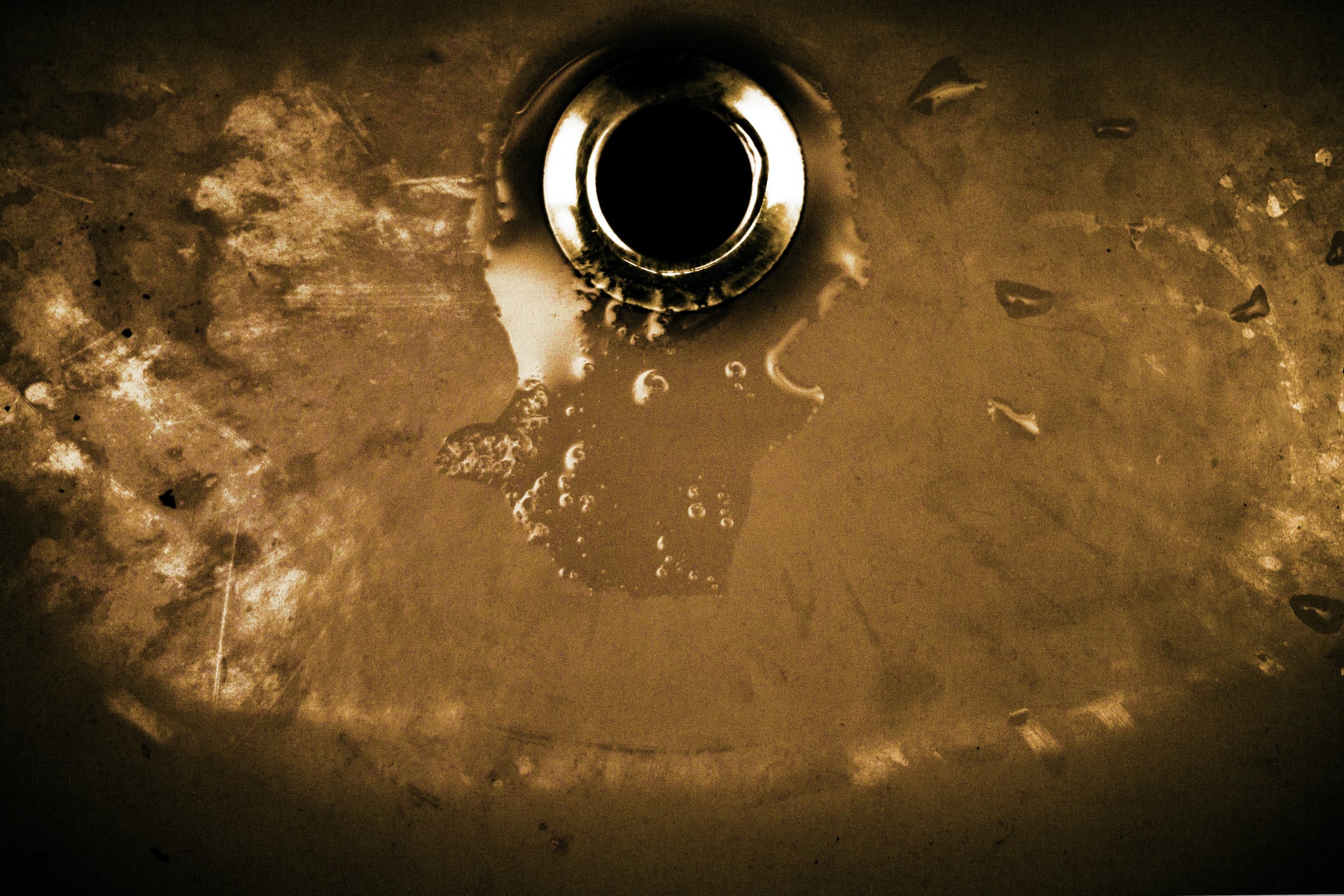
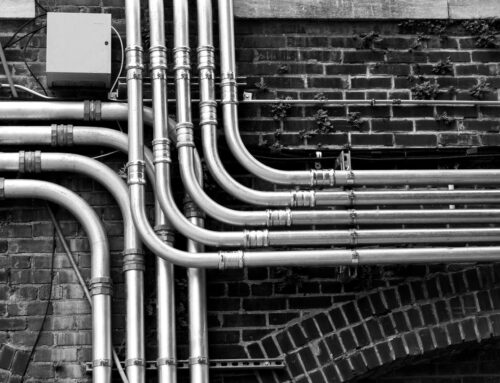
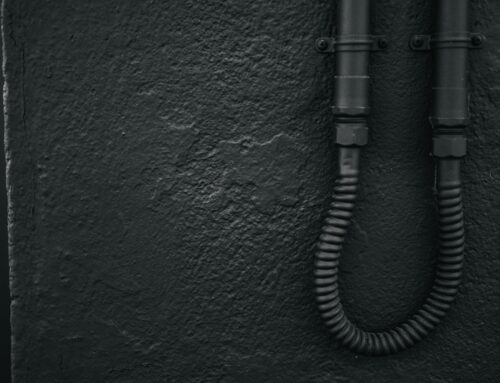
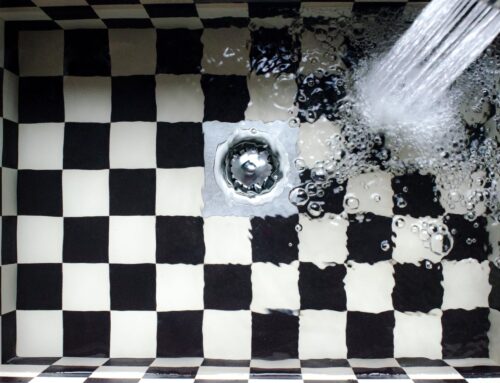
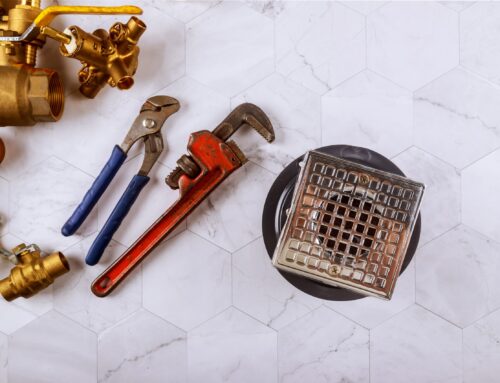
Leave A Comment